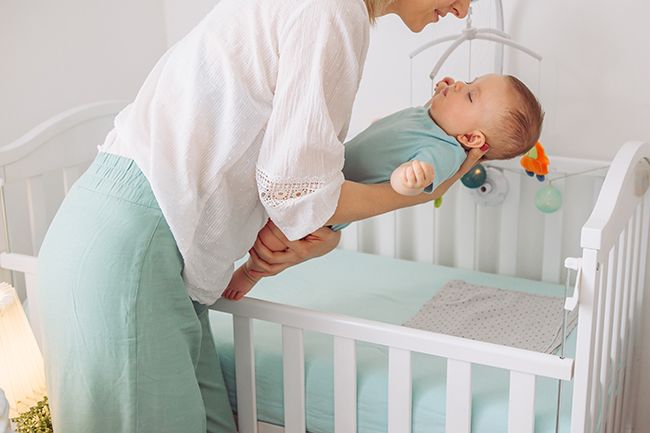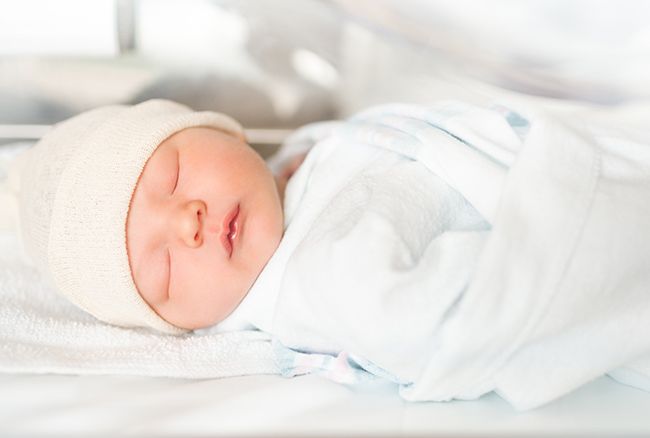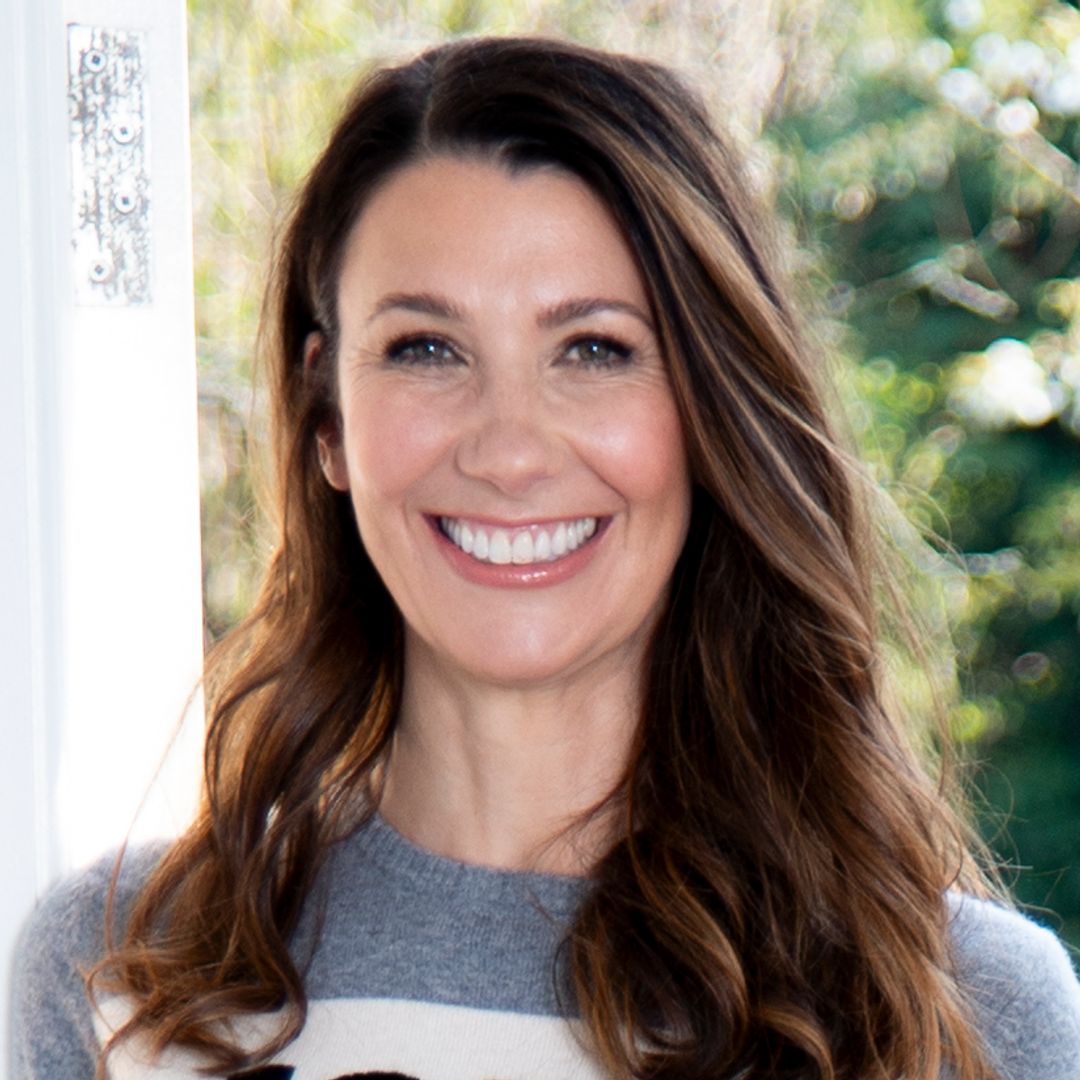When it comes to babies, ask any parent and they'll tell you it's all about sleep!
MORE: 10 most beautiful photographs of radiant new royal mums with their newborns
Getting your baby to sleep, dealing with night-time wakings and coping with sleep deprivation can be totally exhausting, plus there's the worry of ensuring your little one is sleeping safely. How can we navigate it all?
WATCH: The Parent and Baby Coach shares sleep tips for children
Below, baby sleep expert Katie Amies shares her best baby sleep advice in conjunction with baby and nursery retailer Kiddies Kingdom. See her tips…
What is the best position for babies to sleep in?
It is advised that a baby should stay in their own cot in the parental room until they are at least six months old.
Katie explains that, as described by the Lullaby Trust, "The safest way for a newborn to sleep is on their back, in the feet to foot position unless told to do otherwise for medical reasons. This is one of the most protective actions you can take to sleep as safely as possible."
She also advises not to have any "loose items in the crib, including pillows, cot bumpers, comforters and soft toys. The safest way to keep baby warm in their bed is to have either a blanket firmly tucked under their arms to ensure it isn't pulled over their face or a sleeping bag that is an appropriate age and tog rating."
MORE: Meet the celebrity babies born in 2022: see adorable newborn photos
READ: Ultimate tips and tricks for travelling with a baby
When is it okay for your baby to sleep on their tummy?
Whilst sleeping on their back is the safest position for babies, Katie says, "Once your baby can roll over, they will choose their preferred sleep position. Don't panic, once they are able to roll, this is completely fine.
"Sleep can sometimes be disturbed whilst they are practising their skills and get stuck one way. Providing lots of rolling practice during the day will help minimise the problem."
When should I introduce a bedtime routine for my baby?
According to Katie: "It's never too early to introduce a bedtime routine, the earlier the better!
"Babies love routine, as it helps them understand what's coming and they find comfort in the familiarity of a routine after being exposed to the big new world. Develop a routine which includes the same activities, in the same order, in the same room(s)."
Should my baby sleep through the night?
There are all sorts of reasons why your baby may be waking through the night.
Katie explains: "There is a mismanaged expectation that little ones sleep through the night once they reach a certain age, weight or start weaning."
"It is also important to remember that night wakeups are very normal for little ones and are only a problem if they become a problem for the parents or wider family. As a practitioner of gentle sleep solutions, it is not necessary to leave a baby to 'cry-it-out' to resolve sleep problems."
What are the best ways to introduce a baby to sleep in their own room?
When you’re ready to introduce your baby to sleep in their own room, it may be difficult to start with.
To prepare for the move Katie suggests: "Have a quiet play in their room during the day, avoid using clean bedsheets so they have a familiar smell and introduce naps in their own room, with the first nap of the day often the easiest to try new things!"
Which baby sleep regression is the most challenging?
When people talk about sleep regression, they are usually referring to when your child starts waking up during the night after previously sleeping well. There are many causes, and the triggers could be different at different stages of a child's development.
According to Katie: "The four-month regression is the most challenging in regards to sleep as your little one's sleep architecture is changing from a newborn to resemble more of an adult's.
"For this reason, it can be the most impactful on sleep and last longer than other regressions. The key thing to remember is it is just a phase.”











